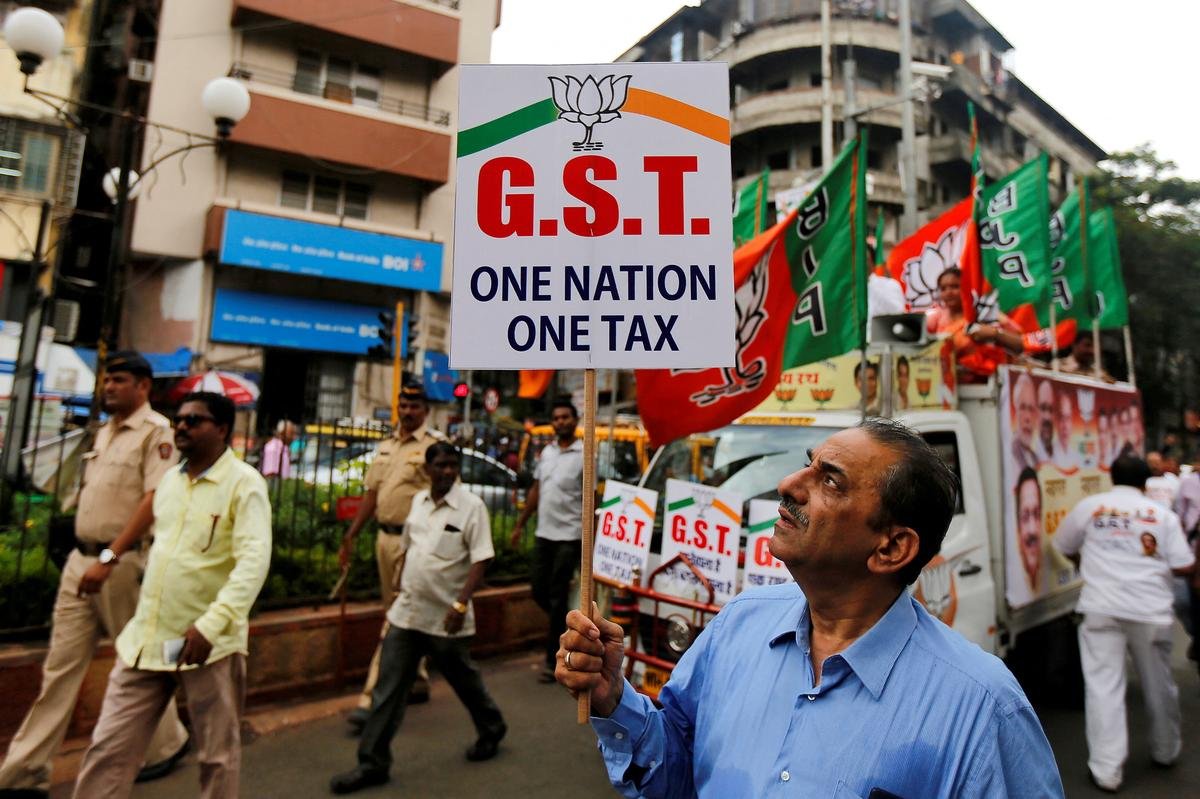Introduction
- Recently, Bhutan became the first country in the world to allow tourists to use cryptocurrencies for all kinds of tourism and travel-related payments.
What is Cryptocurrency?
- Cryptocurrency is digital currency. You cannot touch or hold it like coins or paper money. examples: Bitcoin (BTC), Ethereum (ETH), Ripple (XRP), Litecoin (LTC).
- It is used online to buy things or send money just like Paytm, Google Pay, or credit cards but it does not need a bank for storage.
- It works on a special technology called blockchain, which keeps all transactions safe and recorded in a public book that anyone can check.
- It is not controlled by any government or bank, which is why it’s called “decentralized” money.
- It need a digital wallet to be stored.
What is Blockchain Technology?
- Blockchain is like a digital record book (ledger). It keeps a list of all transactions, like who sent money, who received it, and when.
- It is made up of blocks, and each block stores some data. These blocks are linked together in a chain, hence it is known as blockchain.
- Once information is added, it cannot be changed, which makes blockchain secure and trustworthy.
- It does not belong to one person or company. Many computers around the world keep copies of the blockchain, making it hard to hack or cheat.
- Blockchain can be used for many things like voting, storing medical records, proving identity, tracking goods etc.
How Tourists Can Use Cryptocurrency in Bhutan?
- Tourists visiting Bhutan can now use popular cryptocurrencies like Bitcoin (BTC), Ethereum (ETH), BNB, and Stablecoins (cryptocurrencies that keep a fixed value).
- These can be used to pay for Visa fees, Flight bookings, Hotel stays, Tour guides, Shopping at local markets.
- Everything is done using the Binance Pay app, which makes it easier for crypto users to travel without needing cash or credit cards.
Local Businesses Embrace Crypto Payments
- Local businesses, even in remote areas, are now ready to accept crypto payments in Bhutan.
- This makes travel more convenient for tourists and opens new opportunities for local sellers to earn from international customers.
Benefits for Businesses and the Economy
- Crypto tourism payments are helping small and medium-sized businesses in Bhutan.
- These businesses can now receive payments from people around the world, even if they don’t use traditional banks.
- Bhutan hopes that using blockchain and crypto will make its economy more independent and digitally strong.
- It can increase financial access for people who don’t use banks.
- It also encourages technology and innovation across the country.
Why This is Important for the World?
- Bhutan is showing how a whole country can use cryptocurrency for daily payments not just for online trading.
- This sends a strong message globally that cryptocurrency can work in real life, not just on the internet.
- Other countries can learn from Bhutan that the blockchain and cryptocurrency can be used for sending money, identity verification, or helping businesses to grow.
- El Salvador was the first nation which legalized the cryptocurrency, specifically Bitcoin, as legal tender in June 2021.
- The Central African Republic legalized (Legal Tender) the Bitcoin in April 2022.
Legal Status of Cryptocurrency in India:
- Cryptocurrency is not banned in India. People are allowed to buy, sell, and hold digital currencies like Bitcoin and Ethereum.
- However, it is not recognized as legal tender, meaning you cannot officially use it to pay for goods and services like you can with Indian Rupees.
- India currently does not have any specific law to regulate cryptocurrency use or trading.
Taxation Rules
- Since April 1, 2022, the Indian government has applied clear tax rules on cryptocurrencies:
- 30% tax on profits made from selling cryptocurrencies.
- 1% TDS (Tax Deducted at Source) on every crypto transaction above a certain limit.
India’s Own Digital Currency (CBDC)
- India is developing its own official digital currency called the Central Bank Digital Currency (CBDC) or Digital Rupee.
- This currency will be regulated and backed by the RBI, providing a safe and legal alternative to private cryptocurrencies.
Difference between Cryptocurrency, Digital Currency (CBDC), Physical Currency:
Feature | Cryptocurrency | Digital Currency (CBDC) | Physical Currency |
Issuer | Private developers or mined by users | Central Bank (e.g., RBI) | Central Bank (e.g., RBI) |
Legal Status (India) | Not legal tender | Legal tender | Legal tender |
Regulation | Not regulated | Fully regulated by RBI | Fully regulated by RBI |
Technology | Blockchain (decentralized ledger) | Centralized or hybrid digital systems | No digital technology |
Form | Virtual and decentralized | Virtual and centralized | Tangible notes and coins |
Value Stability | Highly volatile | Stable (equal to physical currency) | Stable (controlled by central bank) |
Use in Transactions | Limited acceptance | Widely acceptable (in future) | Universally accepted |
Traceability | Pseudonymous, difficult to trace | High traceability | Low traceability |
Security Risk | Prone to scams, private key loss | Secure and backed by the central bank | Risk of theft or counterfeiting |
Examples | Bitcoin, Ethereum, Dogecoin | RBI’s Digital Rupee | Indian Rupee notes and coins |
Why has the RBI not Recognized Cryptocurrency as Legal Tender?
- Financial Stability Risks: Cryptocurrencies, being decentralized and volatile, pose systemic risks to monetary policy and economic stability.
- Lack of Sovereign Backing: Cryptocurrencies lack the sovereign guarantee that backs traditional fiat currencies like the Indian Rupee.
- The RBI emphasizes that legal tender must be issued or guaranteed by the central bank or government, which cryptocurrencies do not fulfill, as they operate on decentralized systems without central authority.
- Potential for Illicit Activities: The RBI warns that the anonymous and cross-border nature of cryptocurrencies makes them vulnerable to misuse for money laundering, terror financing, and tax evasion, posing serious challenges to law enforcement.
- The anonymity of cryptocurrency means that users can make transactions without revealing their real identities.
- Consumer Protection Concerns: The RBI cautions that the speculative nature and lack of regulation in cryptocurrencies expose users to financial, operational, and security risks, including high volatility, fraud, and market manipulation.
- The speculative nature of cryptocurrency means that its value is mostly driven by investor expectations and market demand, rather than by any underlying asset, earnings, or government backing.
- Regulatory and Compliance Challenges: The RBI notes that the decentralized nature of cryptocurrencies hinders enforcement of Anti-Money Laundering (AML), KYC, and forex laws due to their operation outside formal financial systems.
India’s Concerns and Opportunities
- India is still cautious about using cryptocurrencies due to risks like money laundering, illegal use, and financial instability.
- The Reserve Bank of India (RBI) has raised concerns over lack of regulation and the potential impact on India’s monetary policy.
- However, Bhutan’s success offers valuable lessons for India such as
- Digital currencies can be safely used in specific sectors like tourism.
- Blockchain can support transparency, reduce corruption, and improve public services.
- India is also working on its own digital currency Central Bank Digital Currency (CBDC) which could offer a safer, government backed alternative.
- With the right regulations, India can explore using crypto for cross-border tourism, tech startups, and digital innovation while ensuring safety and control.
Conclusion
Bhutan’s decision to use cryptocurrency in tourism is a smart and forward step. It makes travel easier for tourists, helps local businesses grow, and supports the country’s vision of digital development. As Bhutan sets an example, India can watch, learn, and plan how to use crypto and blockchain in a way that balances innovation with safety.





